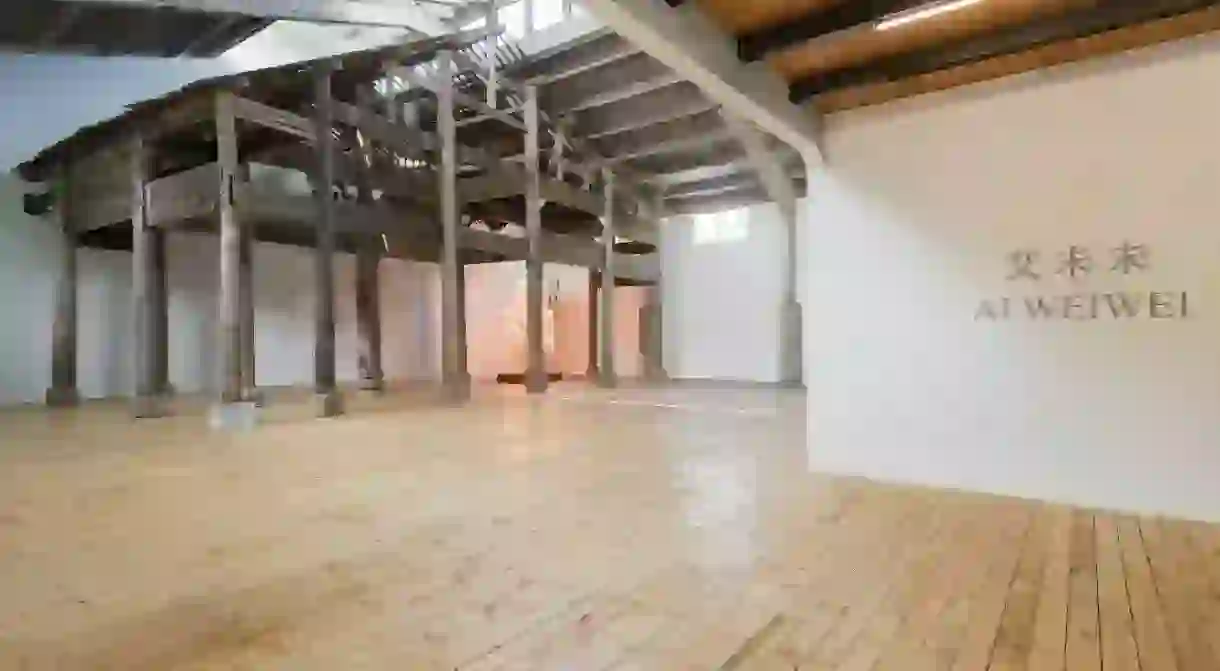Beijing’s Must-Visit Contemporary Art Galleries

China’s capital city has established itself on the international contemporary art scene as once-overlooked emerging artists make their way into the spotlight next to well-established Chinese artists such as Ai Weiwei and Zhang Huan. A vanguard of Chinese contemporary art, Beijing has matured and diversified to support a dynamic range of exhibition spaces in the Danshanzi 798 Art Zone (a former industrial area inhabited by Bauhaus-style factory buildings), and the funky, up-and-coming Caochangdi District. We profile ten of the best contemporary art galleries across Beijing.
Ullens Center for Contemporary Art (UCCA)
Art Gallery, University, School, Cinema, Theater

Founded in 2007 by Belgian philanthropists Guy and Myriam Ullens de Schooten, the Ullens Center for Contemporary Art is an internationally-acclaimed non-profit organization located in the heart of Beijing’s 798 Art District. Housed in a strikingly refurbished Bauhaus-style factory, UCCA has become one of the district’s main attractions, credited with raising the local art scene to an international level. UCCA exhibits a dynamic range of works by an impressive roster of international contemporary artists, while maintaining support for the local art community. The exhibition space now holds one of the largest collections of contemporary Chinese art in the world, and continues to host talks, workshops, performance pieces, and film screenings.
Beijing Commune
Art Gallery
Galleria Continua
Art Gallery, Store
Platform China
Arrow Factory
Art Gallery
Pace Beijing
Museum, Art Gallery
Three Shadows Photography Art Centre
Library
Beijing Art Now Gallery (BANG)
Building, Stadium
Pékin Fine Arts
Art Gallery
Red Gate Gallery














